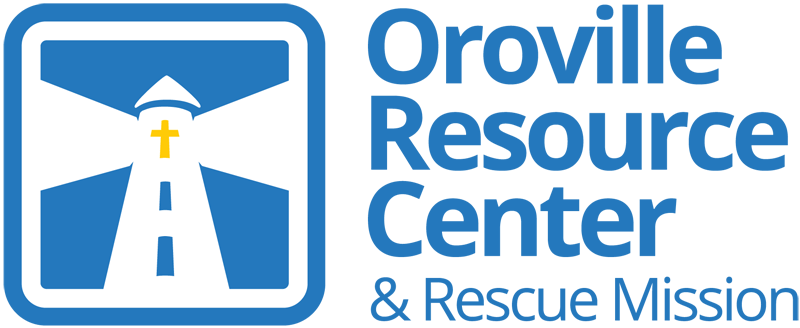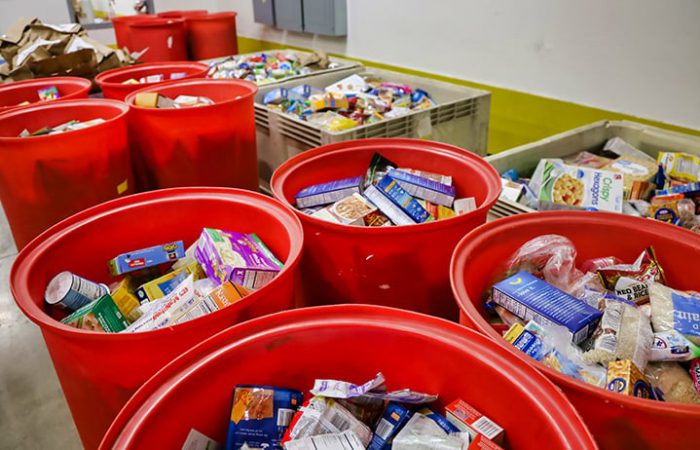
Some people may find it necessary to enter a treatment program to recover from substance abuse. Some people try to quit on their own, however without guidance and support it may be difficult to break the chains of addiction alone. Here are some telltale signs that drug and alcohol abuse has taken control of your life, and you need help. If you answer yes to any of these questions, you may want to seek help.
- Has Drug Use Become Your Main Priority?
One sign of addiction is when substance use becomes your focus. If the substance consumes your thoughts throughout the day and you spend increasing amounts of time, effort, and resources attempting to acquire and use the drug, you may be addicted. As addiction progresses your interests, activities, and relationships will begin to take a backseat to substance use. You may begin neglecting your home, or find yourself calling in sick, or doing a poor job while at work or school. If you are not spending time with people you love or enjoying activities that you previously enjoyed, you may have a problem, and treatment may be beneficial. - Is Your Health Suffering?
Drug and alcohol addiction takes a toll on the body and the mind, causing a range of physical and mental health symptoms:- Physical health. The physical health consequences of drug abuse can range from mild to fatal, depending on several factors, such as how long the person has taken the drug, the amount taken, and the type of drug.
- Mental health. Drug addiction causes changes in the way the brain functions and the way a person behaves. This could manifest as increased anxiety and agitation, depression, and even symptoms of psychosis.
- Do You Take Excessive Amounts to Feel the Effects?
When you first take a drug, you are not accustomed to the effects, so you feel them intensely. Over time, though, the body begins to adapt in a process called tolerance. As tolerance grows, the body needs the drug more frequently or in higher amounts to produce the same outcomes.
If you are using substances in high quantities or with increased frequency, you are in danger of overdose and would likely benefit from an addiction treatment program. - Do You Have a Strong Desire to Use the Substance?
Rehab can treat individuals who are experiencing cravings (strong urges or desires) to use drugs or alcohol. The body acclimates to repeated exposure to a substance through tolerance and physical dependence. When you discontinue use, withdrawal symptoms begin, which lead to strong urges or cravings. - Is Your Substance Use Causing Problems in Your Life?
If you are struggling with drug or alcohol addiction, you could be experiencing difficulties in certain areas of your life. Using substances in risky situations, such as sharing needles to inject drugs or driving while under the influence, are a few examples.
Substance misuse can be the cause of serious accidents and injuries, since your coordination, vision and judgment are affected while under the influence. Consuming too much alcohol can lead to gaps in your memory or alcohol-related blackouts.
Drug or alcohol addiction can increase interpersonal conflict, leading to issues at home, school and/or work. Arguments could be more prevalent, but self-isolation or avoidance of certain friends or family members may also occur. - Have You Tried (Unsuccessfully) to Quit?
Addiction is a chronic condition that is marked by periods of relapse and recovery. Whenever drug and/or alcohol use is restarted or ongoing, a recommitment to abstinence in new ways will be needed to return to recovery.
Each day, people try different treatment methods to end their substance use, with self-help groups such as 12-Step groups and outpatient treatment being the most heavily utilized, according to the Substance Abuse and Mental Health Services Administration. It is important to enter into an appropriate treatment program—one that is based on your individual needs and history with addiction and recovery.
If you have tried to stop using drugs or alcohol and have been unsuccessful, this is a sign that you may need rehab or an increased level of rehabilitation services. Rehab can provide the safety, structure, medical attention, therapy and stability needed to manage and treat addiction.
Find Help for Addiction
There are numerous benefits to seeking help for drug addiction in an inpatient drug rehab program. According to the Substance Abuse and Mental Health Services Administration, drug abuse rehab programs can provide various services, including:
- Screening and diagnosis of substance use disorders.
- Screening and diagnosis of co-occurring mental health disorders (dual diagnosis).
- Drug and alcohol testing.
- Substance use and mental health education.
- Substance use and mental health treatment.
- Transitional services that include discharge planning and aftercare services.
- Case management to provide connection to available resources.
If you answered yes to one or more of the previous question residential treatment is a good option.





